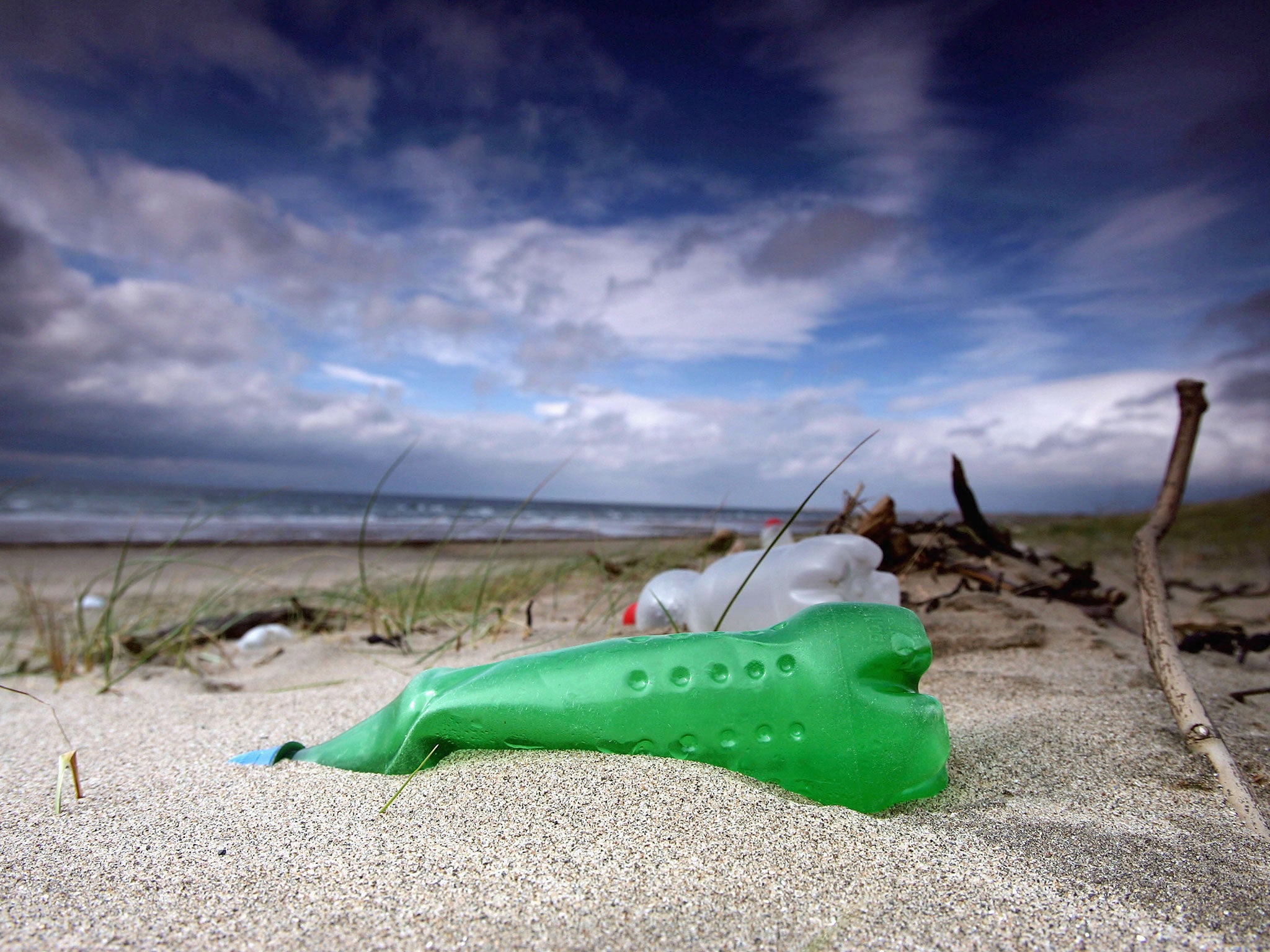Plastic pollution: Why we’re failing to cut down
Ambitions and targets for reduction abound, but with few binding commitments – and as global demand for fuel declines, oil companies are looking to turn the excess into plastic, writes Phoebe Weston


We’re inundated with pictures of plastic waste trashing the environment. People desperately want to “do something”... but mountains of rubbish continue to grow with no sign of slowing.
Even in the UK – despite widespread awareness about the issue – we’re buying more plastic water bottles than ever before.
This suggests that campaigns to use refillable water bottles and shun single-use plastic have had little impact on overall trends.
In 2018, UK use of plastic water bottles increased by more than 7 per cent and projections suggest there will be “robust growth” of the market, according to research company Zenith.
The average UK adult gets through 150 single-use plastic water bottles every year.
The problem is there is little incentive for us to properly cut down – single-use plastic is still too cheap and too convenient.
Forty per cent of plastics are single-use, with useful lifespans of just a few minutes or hours.
In light of this daunting reality, there has been some change to government policy.
In May, officials announced they would ban plastic straws, plastic-stemmed cotton buds and plastic drink stirrers in England. This will come into force in April 2020.
And the government has trumpeted a “strategic ambition” to make all plastic packaging recyclable, reusable or compostable by 2025. Another “target” is to eliminate avoidable plastic waste by the end of 2042 – a timescale criticised for lacking urgency.
There’s also the Plastics Pact, a voluntary initiative supported by government that counts more than 100 big British businesses as members – including Nestle, Marks & Spencer, Unilever, Procter & Gamble (P&G) and PepsiCo. At the time of the pact launch, the members were responsible for more than 80 per cent of the plastic packaging on products sold in UK supermarkets.
The firms have all signed up to four targets for 2025, including eliminating unnecessary single-use packaging and making all plastic packaging 100 per cent reusable, recyclable or compostable. The government has pledged £80m to help businesses cut down on single-use plastic as part of its Clean Growth Challenge.
But in the light of the latest research, it may be that the policies that are mere ambitions and targets are not enough to curb our plastic addiction. Our single-use lifestyles are as wasteful as ever.
And behind the scenes, oil and gas companies are set to encourage our addiction. Deirdre McKay from Keele University says that as electric vehicles and more efficient forms of public transport grow, demand for gasoline is falling.
“The oil and gas companies who own these refineries are instead gearing up to turn what is now excess fuel into plastics for packaging,” she wrote in a piece for The Conversation.
“As demand for gasoline continues to decline in future, more plastics will be made directly from crude oil.”
Making plastic releases carbon dioxide, as does transporting the crude oil to make it. Researchers are also concerned that incinerating plastic waste could become one of the largest sources of CO2 emissions in Europe as other industries decarbonise.
“Most of the estimated total natural capital cost of plastic pollution – $75bn (£60bn) per year for the consumer goods sector alone – arises from carbon dioxide emissions linked to producing and transporting plastic,” said Dr McKay.
As well as making more government and corporate policies legally binding, our consumption of plastic needs to be made central to dealing with the climate crisis.
Join our commenting forum
Join thought-provoking conversations, follow other Independent readers and see their replies
Comments